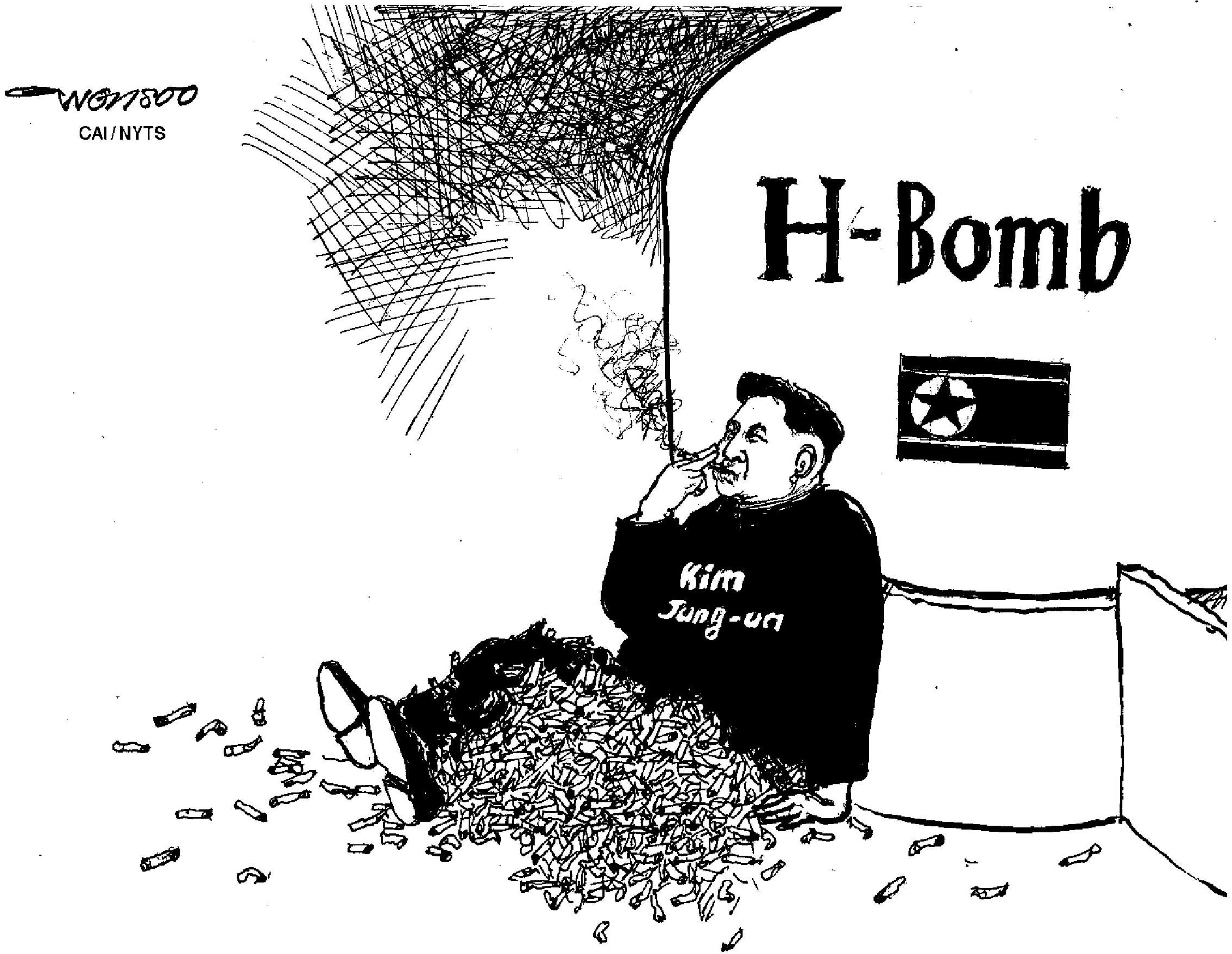For most people, the arrival of a new year prompts a moment of reflection on what has been working and what needs to change. Not for the people of North Korea. In that benighted country, "New Year's resolutions" are not really an option for ordinary citizens. What happens to them depends entirely on their leader, Kim Jong Un, and typically involves grim paranoia and deprivation.
North Koreans endure plenty about which outsiders can only speculate. Consider the mysterious "ghost ships" that are carried to the Sea of Japan each autumn by southwesterly winds. The boats are crude, small (about 10 meters in length), and equipped with little more than basic fishing gear. Some are empty; others carry the dead bodies of unidentified men. In November alone, 13 boats and 26 bodies (most already largely decomposed) were found. In 2014, more than 60 such boats turned up.
Some of the boats and their contents bore markings in Korean Hangul script. One carried a handwritten sign stating that it belonged to unit 325 of the North Korean Army. Another contained a tattered cloth that appeared to have once been part of a North Korean flag. Add to that the boats' dilapidated condition and lack of equipment, and the conclusion that they were North Korean seems fairly certain.


















With your current subscription plan you can comment on stories. However, before writing your first comment, please create a display name in the Profile section of your subscriber account page.